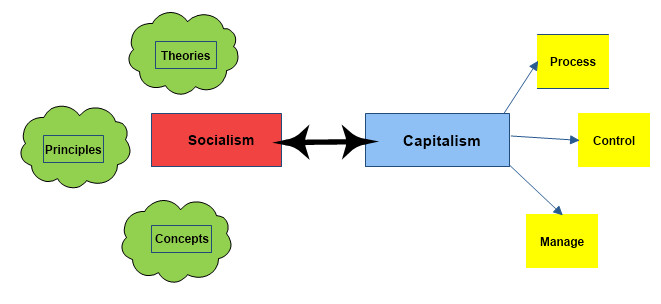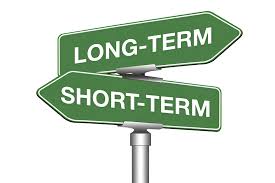28, April, 2020
Socialism and capitalism are often at war with one another but for our society to continue we must find ways to have them cooperate.
11, April, 2020
Covid was described as 'unimaginable'. Why? We have had epidemics before. The problem was that this time, we had no plan to handle it.



